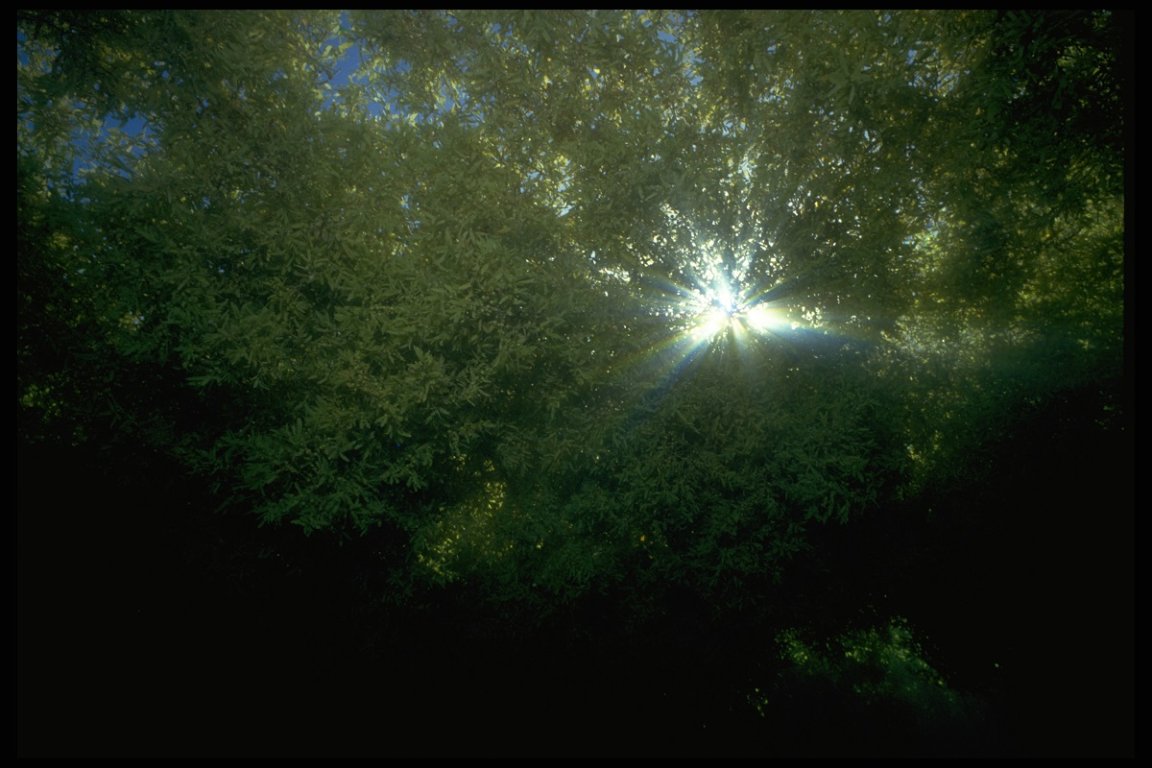
Blob Dole
PSA for anyone planning a trip to Florida: massive, smelly globs of seaweed and algae are currently headed toward the state’s Eastern and Gulf Coast shores.
It’s called Sargassum, and per The New York Times, it’s not playing around. When Sargassum mats eventually wash ashore and start to decompose, they emit ammonia and hydrogen sulfide — a chemical combination that not only smells like foul rotten eggs, but can also irritate your eyes, nose, and throat. It’s not as bad as toxic algae blooms, but it still sounds wildly unpleasant.
“I was amazed at what I saw driving along the Overseas Highway,” Brian Lapointe, a research professor at Florida Atlantic University who has studied Sargassum for most of his career, told The New York Times. (The Overseas Highway is the main road that runs through the Florida Keys.)
Extremely Large
To Lapointe’s observation: while Sargassum has been around for centuries, the NYT noted that scientists have since 2011 been seeing an uptick in the odious masses’ annual accumulations — in part the result of nutrient-rich agricultural runoff from the Congo, the Amazon and the Mississippi rivers.
And this month, the rotten egg-smelling blobs are reportedly record-setting, with an estimated 13.5 million tons accumulating in The Great Atlantic Sargassum Belt as of March.
For a bit more context, the mass checks in at an astonishing 5,000 miles wide. Per the NYT, it’s believed to be the largest bloom in history.
Pros and Cons
For all its smelly downsides, Sargassum does actually offer some benefits to marine life, providing a number of marine species — fish, crabs, and some endangered sea turtles, according to the NYT — with shelter and breeding ground. For that reason, it’s illegal to harvest before it reaches shore.
At the same time, too much decomposing Sargassum can cause serious damage to critical near-shore ecosystems.
“You’re essentially dumping continent-worths of nutrients in an ecosystem that is used to having very little of them,” Francis Chan, director of the Cooperative Institute for Marine Ecosystem and Resources Studies at Oregon State University, told The Washington Post last month. “It’s the same as throwing a ton of mass into a large pool versus doing so inside a water bottle.”
In other words, humans should probably still reign it in with the fertilizers, should we want our throats to stay itch-free and our near-shore corals, mangroves, and seagrass beds to stay healthy.